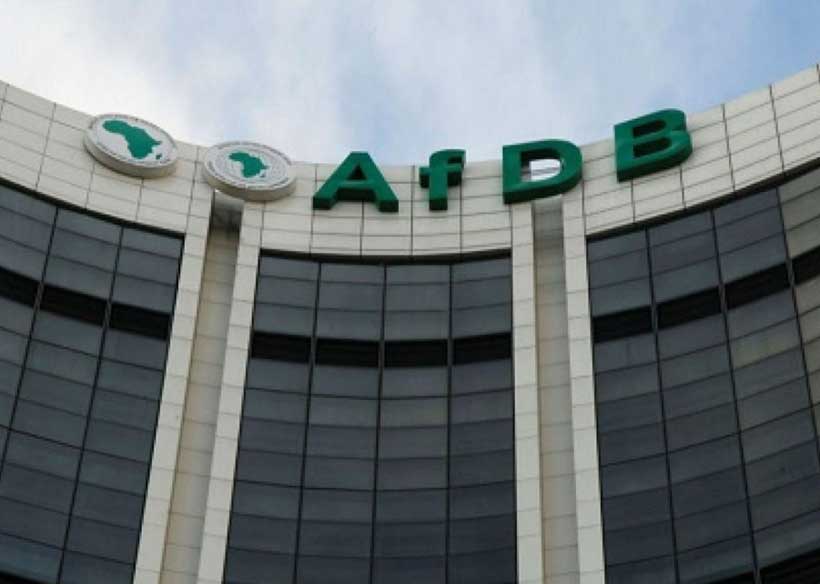AfDB, Sierra Leone Lead Charge to Curb Africa’s $90B Illicit Finance Losses
Illicit financial flows are bleeding the African continent of an estimated $90 billion every year, largely through tax evasion, corruption, transfer pricing, and illegal trade in natural resources.

- Country:
- Sierra Leone
A high-level four-day seminar jointly organized by the African Development Bank Group (AfDB) and the Government of Sierra Leone concluded last week in Tokeh with a strong resolve to tackle one of Africa’s most debilitating economic challenges: illicit financial flows (IFFs). The event brought together more than 70 stakeholders representing governments, civil society, the private sector, and international organizations to propose actionable solutions to reclaim Africa’s wealth lost through illegal financial practices, particularly in the natural resource sector.
The Scale of the Crisis: $90 Billion Lost Annually
Illicit financial flows are bleeding the African continent of an estimated $90 billion every year, largely through tax evasion, corruption, transfer pricing, and illegal trade in natural resources. These losses have a crippling impact on development, undermining state capacity, widening inequality, and depriving governments of vital revenues needed for public investment in education, healthcare, and infrastructure.
Held under the theme “Harnessing Africa’s Wealth: Curbing Illicit Financial Flows for Resilient Growth and Development,” the seminar aimed to diagnose the root causes of IFFs and deliver concrete policy and institutional recommendations to combat them.
Key Recommendations and Reforms
Participants agreed on a range of concrete policy proposals, including:
-
Establishing national communities of practice to foster collaboration and knowledge-sharing between government agencies and civil society on anti-IFF strategies.
-
Treating resource-backed lending (RBL) as a last resort, used only with full transparency and tied to investments that generate clear economic returns.
-
Strengthening transparency and accountability in public financial management, particularly in natural resource contracts.
-
Reforming institutions and improving enforcement to address capacity gaps and close loopholes that facilitate illegal transactions.
“This initiative can help us improve revenue from natural resources by blocking leakages through illegal natural resource trade and improved management of resource-backed lending,” said Sierra Leone’s Finance Minister Sheku Ahmed Fantamadi Bangura.
A draft communique was produced at the seminar’s close, with a strong commitment from all participants to implement these recommendations at the national level.
Spotlight on Sierra Leone: Case Study for Change
The event was hosted at The Place Resort in Tokeh, a coastal town in Sierra Leone, and included in-depth discussions based on the Sierra Leone Country Diagnostic Report. This report, developed under the AfDB-supported GONAT Project, detailed the extent of illegal natural resource trade and outlined institutional weaknesses that need urgent redress.
International expert Bernd Schlenter from Rand Sandton Consulting Group delivered technical presentations on the patterns and mechanisms of illicit flows in Africa. His sessions emphasized how weak legal frameworks, opaque mining contracts, and weak auditing systems allow wealth to leak out of the continent unchecked.
The Role of the African Development Bank
The seminar was part of the GONAT Project (Governance of Natural Resources for Inclusive Development in Africa), a major initiative funded through the African Development Bank’s Transitional Support Facility. The project is built on three strategic pillars:
-
Policy analysis and diagnostics
-
Capacity strengthening for institutions
-
High-level policy dialogue and advocacy
Halima Hashi, AfDB Country Manager for Sierra Leone, noted that this initiative is aligned with the Bank’s Ten-Year Strategy (2024–2033) and Natural Resources Management and Investment Action Plan (2025–2029). It supports broader AfDB goals of ensuring inclusive, transparent, and sustainable growth through better management of Africa’s natural wealth.
“Achieving transparent and equitable natural resource management is not merely a technical exercise—it is a strategic imperative for Africa’s future,” said Dr. Eric Ogunleye, Director of the AfDB’s African Development Institute.
Building the Foundation for Resilient Development
The seminar marks a turning point in Africa’s fight against financial outflows, especially in the context of global economic uncertainties, climate change, and post-pandemic recovery. By leveraging national ownership and regional cooperation, the initiative aims to empower African nations to keep more of their wealth within their borders and direct it toward resilient and equitable development.
Participants agreed that international cooperation is also essential, particularly in enhancing financial data exchange, tracking illicit cross-border transactions, and holding multinational corporations accountable for exploitative practices.
Next Steps: Turning Talk into Action
The draft communique, now under review for national adoption in Sierra Leone, will serve as a roadmap for turning policy recommendations into concrete reforms. Stakeholders committed to continued engagement, monitoring, and joint planning to ensure that the momentum built at Tokeh translates into measurable outcomes.
If successfully implemented, the lessons from Sierra Leone and the AfDB-led strategy could serve as a continental blueprint for curbing illicit financial flows and unlocking sustainable, people-centered development.










